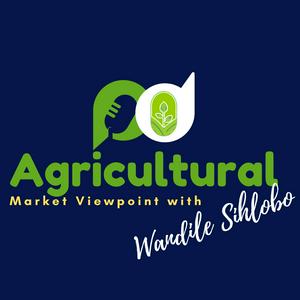After falling for two consecutive quarters, the Agbiz/IDC Agribusiness Confidence Index (ACI) increased by 5 points to 67 in Q4 2025.
Favourable weather conditions, strong exports throughout the year on the back of ample grains, oilseeds, and horticulture harvests, as well as better port efficiencies, are among the key drivers of optimism in the sector.
We suspect that the announcement of nationwide vaccination of cattle against foot-and-mouth disease also contributed to the upbeat mood, as the disease is a national challenge that, for some time, seemed out of control.
The current ACI level of 67 is well above the 50-neutral mark, suggesting that South African agribusinesses are generally optimistic about business conditions in the country. This survey was conducted in the last week of November and covered agribusinesses operating across various agricultural subsectors nationwide.
Listen to the full podcast for more information. Wandile Sihlobo website


